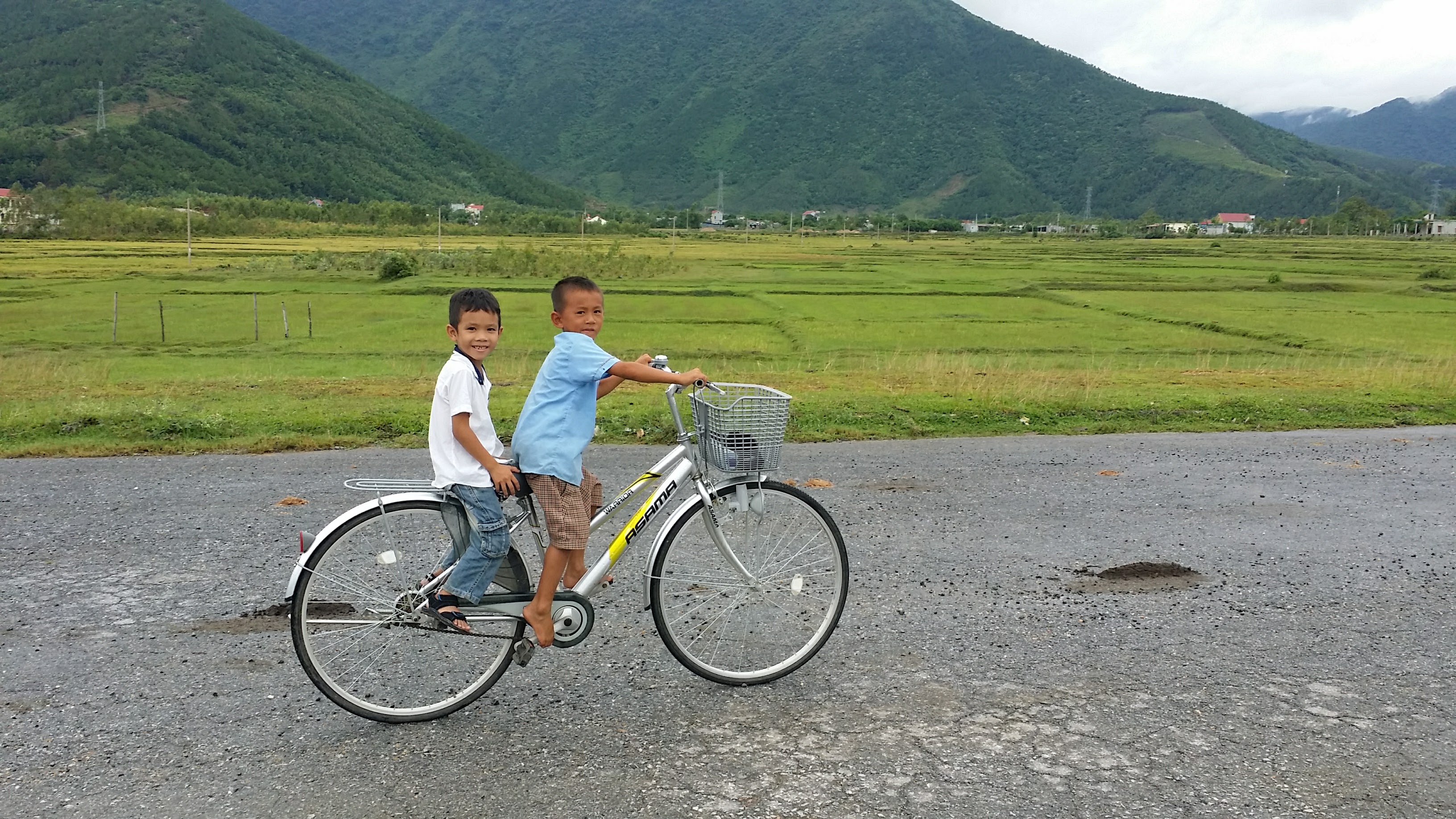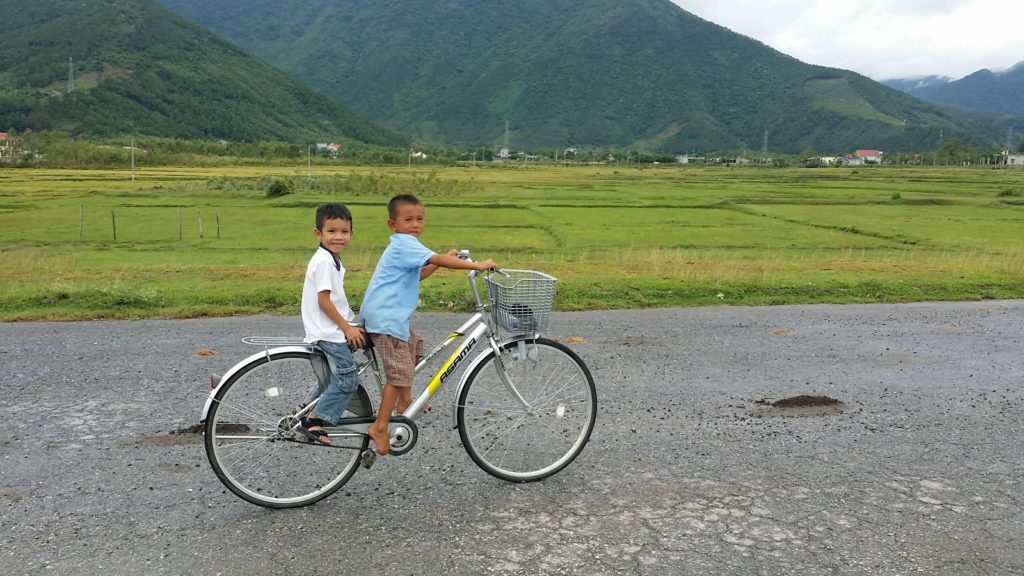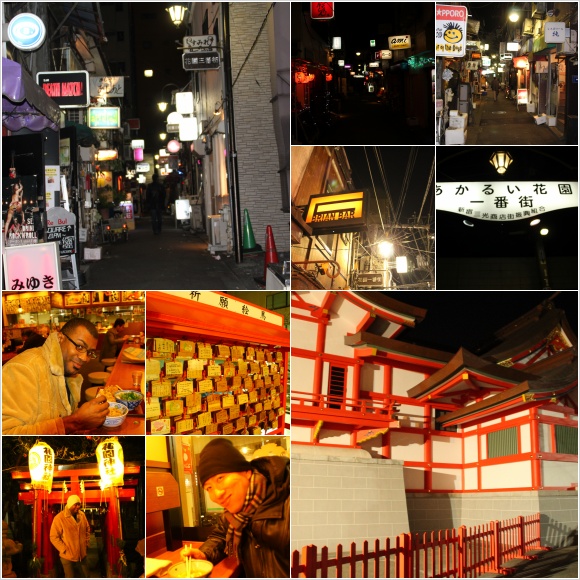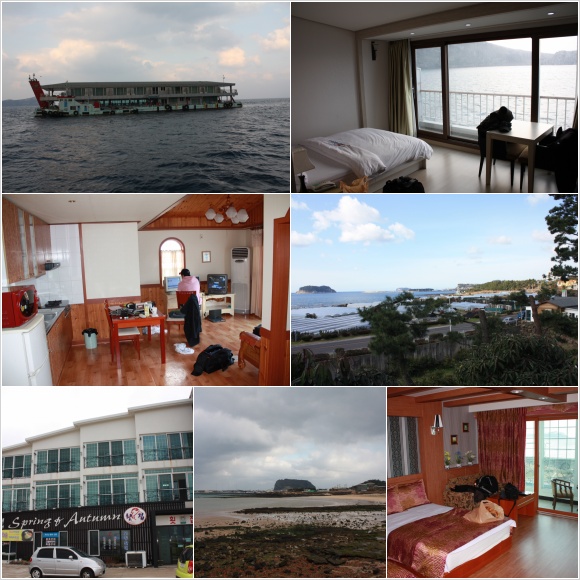PART 2: What to do on Arrival
This part is key so -listen-read up. Everyone’s a sucker when they first arrive in a new area. You don’t have WiFi (so you don’t know where anything is), you have your heavy pack, you might be dehydrated, your blood sugar is likely low, and it’s just an all around uncomfortable situation. This is the time you’re most vulnerable to spending money things, especially food and transportation. It takes real willpower to power through this phase. Have snacks on you, locate water if you need, and then find WiFi. I shamelessly approached many hotel counters asking their rates and then with a hesitant, contemplative demeanor, ask for their WiFi password, but it depends on your morals. I was ALWAYS able to find free WiFi and water everywhere I went.
Also, in general I highly discourage you from buying much beyond necessities (like a knife/lighter if you won’t be flying soon) your first few days in a new location because you will inevitably find it cheaper later. This did, however backfire on me once in Chiang Mai where I had saved up all my shopping scattered across the city for the last day. Some shops were closed that day and it was just a hassle to remember where all I had seen the best deals.
Making an Experience out of Free Living Situations (Workstays, Meditation Retreats, Volunteering Projects…)
This for me was a big key for keeping costs down. It also played in very well to what I found I enjoyed about traveling, and that is interacting with local people and their culture beyond surface touristy interactions. Also, the more you interact with these, the more hospitable and the more favorable opportunities you have for free food, accommodation, and entertainment. I think I may have spent 2 whole dollars during my Myanmar visa. How did I manage this? I volunteered at a meditation center (Thabarwa) in Yangon where I was afforded free housing and food as well as a trip to Bagan.
Workaway, informal work stays, working at hostels, meditation retreats, couchsurfing...All incredibly viable methods for keeping your costs down to near $0 for extended periods of time.
Couchsurfing really deserves its own section. It is just invaluable while backpacking. Practically, hosts can usually speak fluent English, can lend you items, and obviously know a lot about the city they inhabit. It’s really a disservice to Couchsurfing to describe it as a site for finding free accommodation. It truly is also an amazing platform for mutual, meaningful cultural exchange.
That being said, I should touch on some finer points of CS etiquette. People do ultimately view this is an exchange. Although almost always good natured, most hosts aren’t exemplary kind-hearted Samaritans looking for opportunities to provide succor for backpackers. They typically want something out of the exchange, too! Seems obvious but I’ve heard from some hosts that surfers tend to forget this at times, and others are completely oblivious and/or insensitive to it.
So… find out what they do want, either by explicitly asking or by exercising a bit of emotional intelligence. Most of the time they want valuable cultural exchange, practice speaking English, Western friends they can visit when they have the opportunity to travel, etc. Ask if they need help with anything, and leave the place nicer than you found it, even small gifts/tokens of appreciation to your host really mean a lot to them.





Very cool article I’m afriad to try these types of things. Asking for wifi, I feel bad if I don’t buy something. I’m sure not all places would have it but when we went to Japan the pocket wifi was a lifesaver, though defeats the purpose if you’re on an extremely tight budget.
Waiting for the best prices and deals seems logical. (Sad for your experience in chiangmai.
I’d also be quite nervous with couchsurfing. Sometimes we hear crazy stuff, you know? Have you had any creepy experiences couchsurfing?
Good to know that many are decent though, and especially important to have that exchange! very cool
Great comments everyone!
Yes, I’ve heard these horror stories as well and recognize that I likely have a biased experience being a white male using Couchsurfing. Please be safe and use extra caution when evaluating profiles on Couchsurfing. A majority of the time you can tell a lot about the host by their listing, but I definitely encourage sending requests out to a variety of people that seem genuine AND have good reviews, then converse with them through Couchsurfing to find the best host for you within an area.
Ms. Ponomareva, thanks for your contributions on both posts. I totally agree with you on the SIM cards. It’s a very cheap option for travelers in most all SE Asia and should not be overlooked!
I haven’t experienced couch surfing yet. I’ve read a lot of horror stories about it. What I do (as a travel blogger) is to send emails to hotels and offer them advertising services in exchange of a free accommodation.
As for Wifi, I feel like it’s easy to pick up an affordable Sim card at any airport you are in (even in the tiny airport like Luang Prabang), then turn on Maps and you are good to find your accommodation. Yes, leaving your shopping till the last minute is not good, we ran into that problem while unable to find any souvenir shops in Vientiane. Thanks for the tip about meditating in Myanmar, I’m going to look into that.
Thanks a lot for the nice tips. Although I love travelling and have been to lots of countries yet I never used any of these ways to reduce my travel costs. Also didnt have a good experience with couchsurfing too. But will def give it a try again in future too..